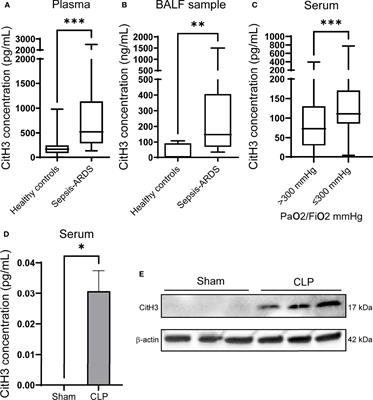EDITORIAL
Published on 03 Feb 2022
Editorial: Targeting Protein Post-Translational Modifications (PTMs) for Diagnosis and Treatment of Sepsis

doi 10.3389/fimmu.2022.856146
- 1,643 views
- 2 citations
43k
Total downloads
98k
Total views and downloads
Select the journal/section where you want your idea to be submitted:
EDITORIAL
Published on 03 Feb 2022

ORIGINAL RESEARCH
Published on 31 Jan 2022

ORIGINAL RESEARCH
Published on 06 Jan 2022

ORIGINAL RESEARCH
Published on 07 Dec 2021

ORIGINAL RESEARCH
Published on 25 Nov 2021

ORIGINAL RESEARCH
Published on 17 Nov 2021

REVIEW
Published on 04 Nov 2021

REVIEW
Published on 27 Oct 2021

ORIGINAL RESEARCH
Published on 22 Oct 2021

REVIEW
Published on 21 Oct 2021

ORIGINAL RESEARCH
Published on 20 Oct 2021

ORIGINAL RESEARCH
Published on 14 Jul 2021


Frontiers in Pharmacology